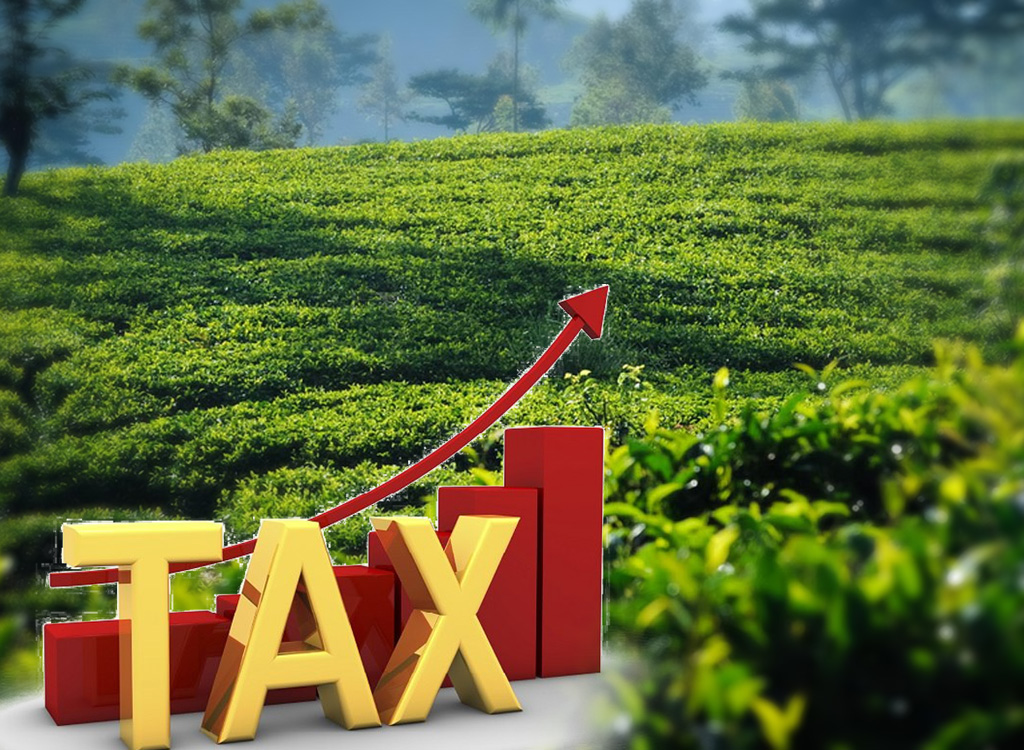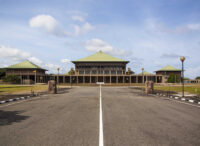Sri Lanka’s tea auction prices have fallen sharply for the second consecutive week, with rates dropping over Rs. 100 per kilogram, as exporters slash purchases to avoid paying Value Added Tax (VAT) upfront, industry officials said.
At the October 14–15 Colombo tea auction, prices declined by Rs. 20–50 per kg across all elevations, following a Rs. 50–80 per kg drop the previous week.
The most affected were ex-estate high-grown teas, closely linked to regional plantation companies.
Exporters say they are unable to absorb the cost of financing VAT, prompting them to cut down on stockpiling and reduce purchases.
“The cost is passed down to producers. There’s no question,” one plantation company official stated.
Unsold tea catalogues have surged, rising from under 800 last month to 1,258 last week and 1,256 this week, underscoring a growing supply glut.
While President Anura Kumara Dissanayake has assured refunds within two weeks, producers remain skeptical.
“Even a short delay in VAT refunds pushes financing costs onto us,” a tea official said.
Meanwhile, small and medium exporters supplying inputs to other industries say they are now penalized for local sourcing.
Unlike imported materials, domestic inputs now carry upfront VAT, removing incentives for backward integration.
Critics argue that ending the Suspended VAT (SVAT) system without a workable alternative is hurting exporters. “
There was no cash in SVAT—so there was no room for corruption. Now, cash is king, and consultants are already offering ‘advice’ on how to fast-track refunds,” one industry representative said.
With software and industrial exporters also warning of a rising tax burden, including VAT on services like PayPal and Stripe, concerns are mounting over the competitiveness of Sri Lanka’s export sector amid ad hoc tax policies tied to IMF stabilization programs.











Leave a comment